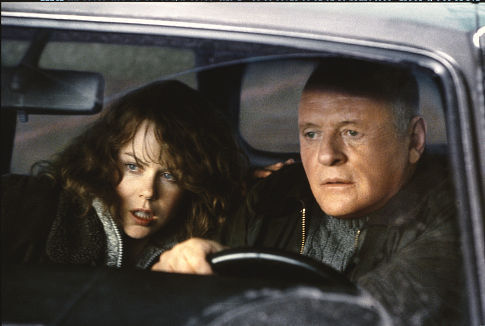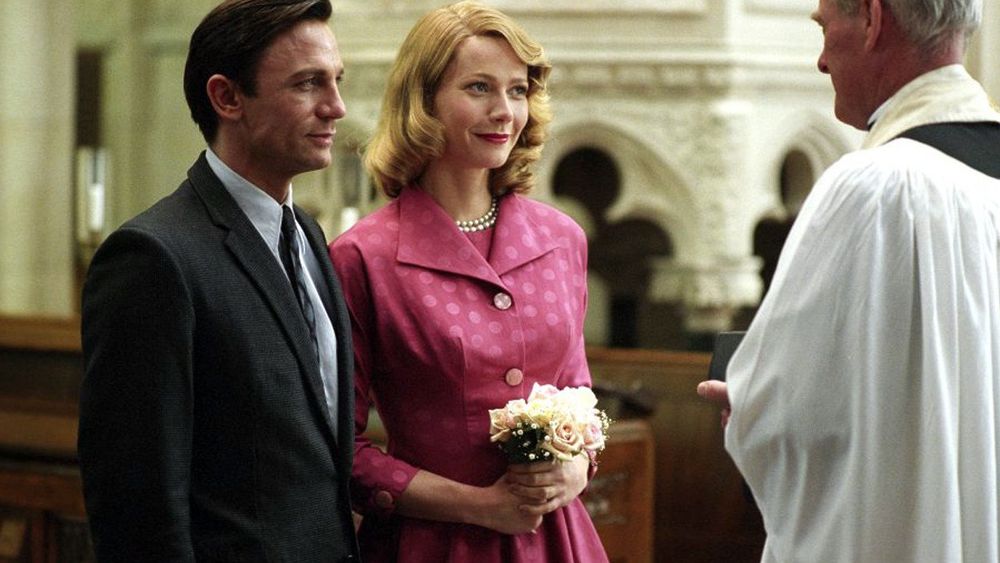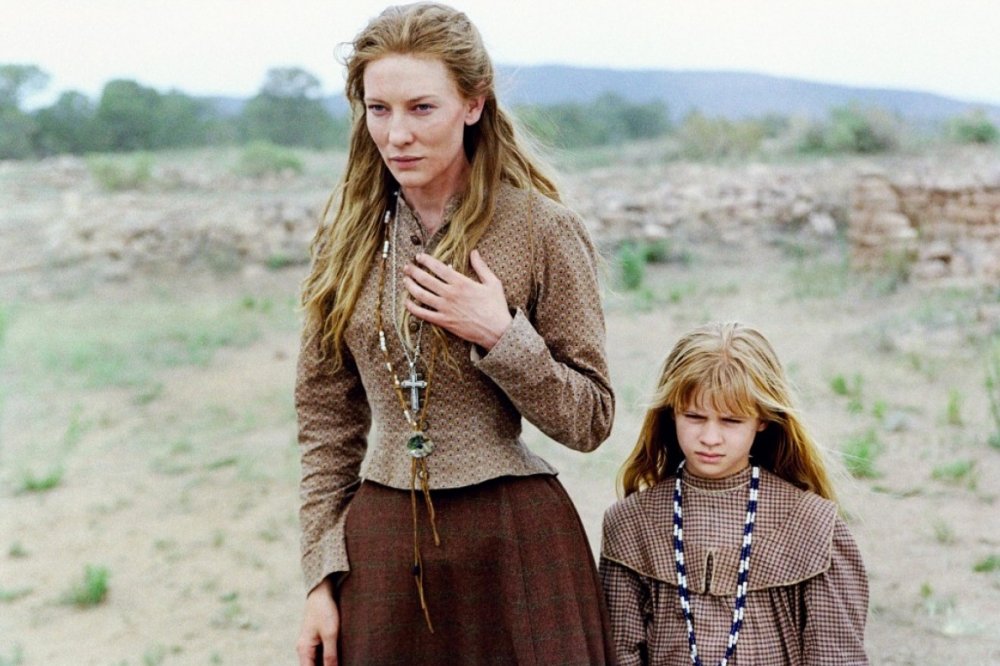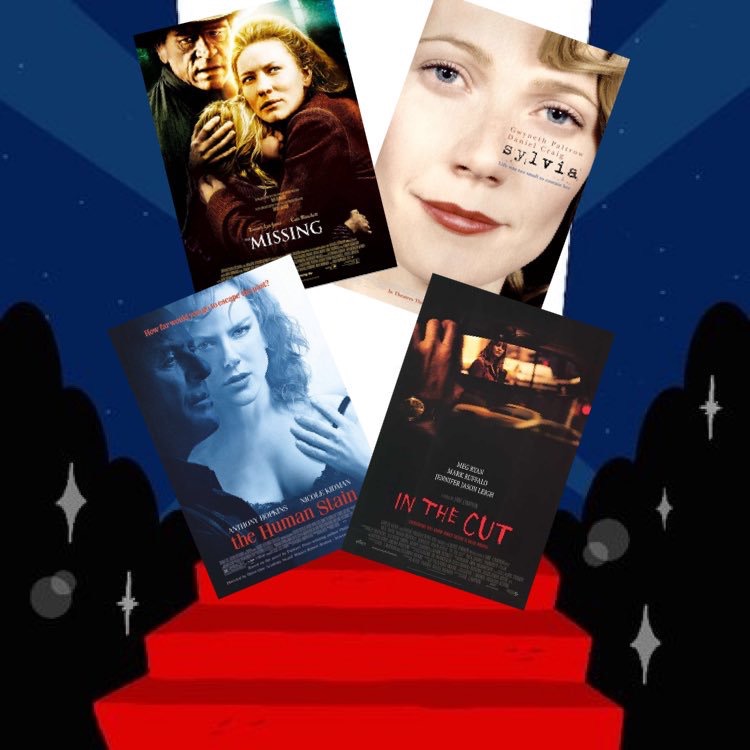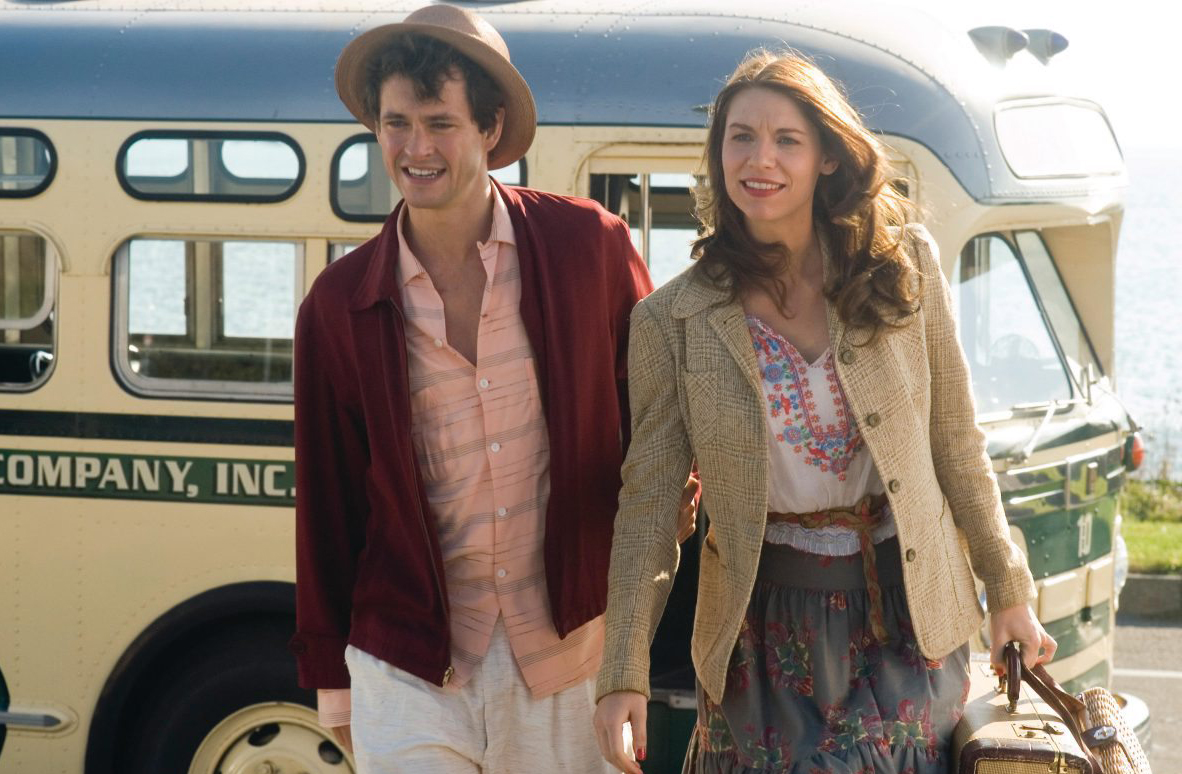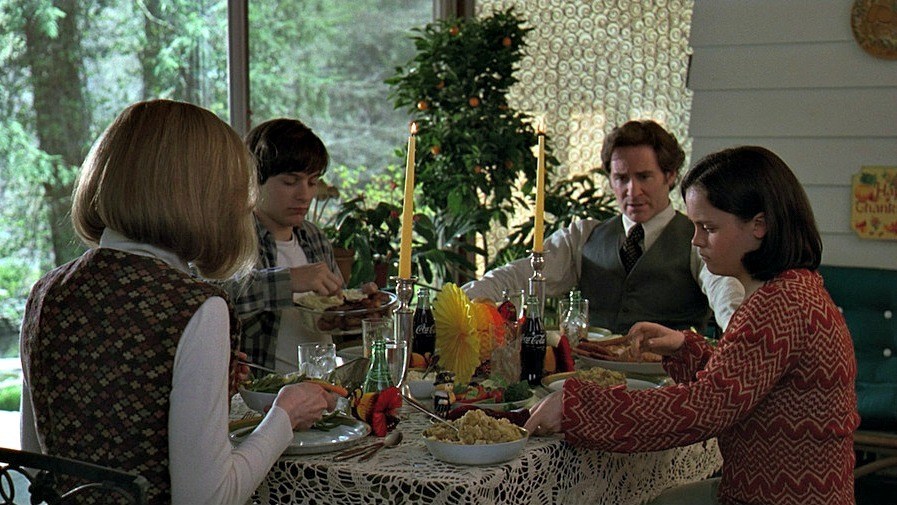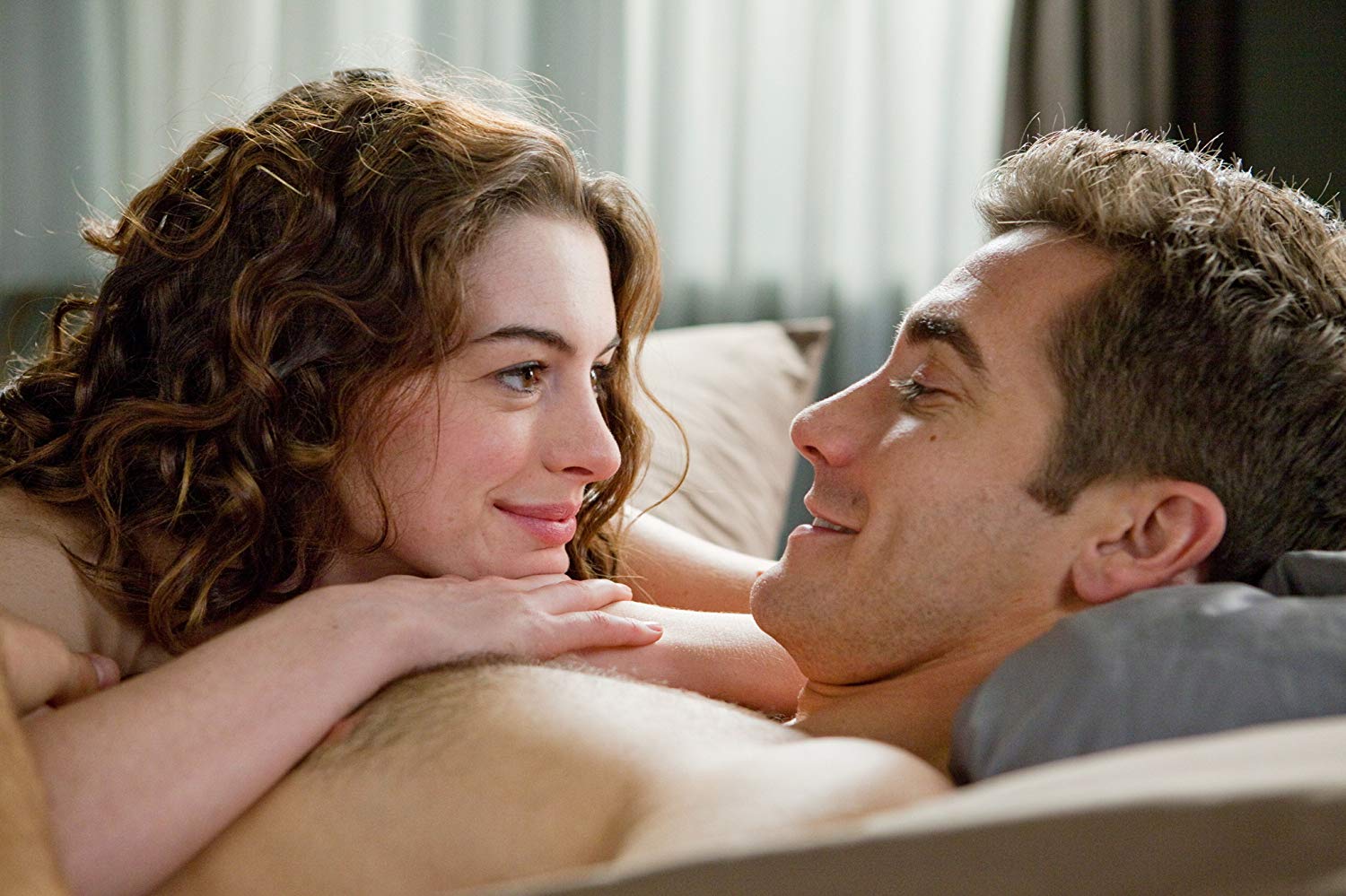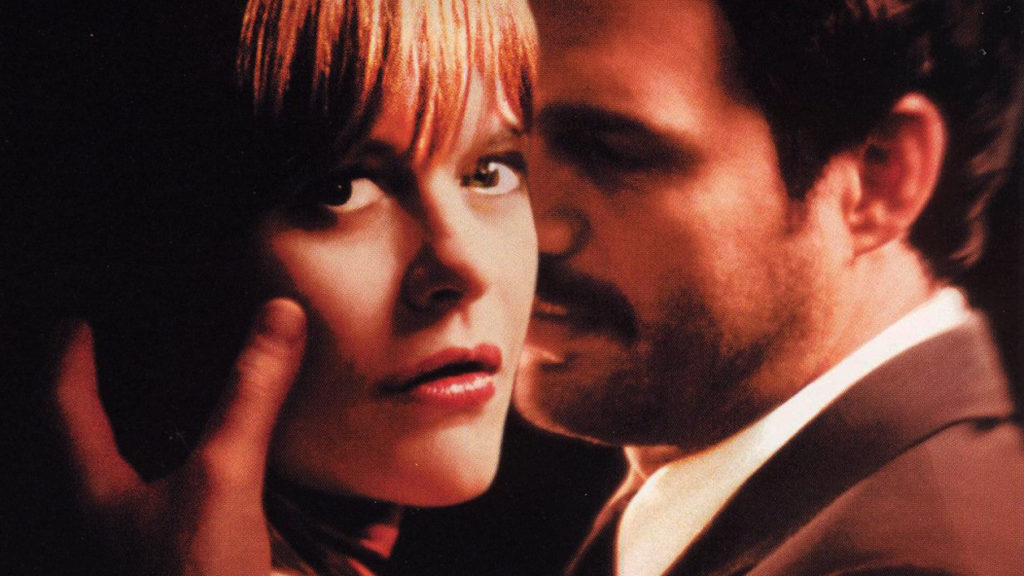
For our fourth of four films in our 2003 miniseries, we placed the responsibility squarely on you: the listener. (Please try to disregard that Joe repeatedly refers to “readers” in this episode; to him, podcasts are books you read with your ears.) Out of a poll that included The Company, Shattered Glass, and The Station Agent, you chose director Jane Campion’s sex-charged thriller In the Cut, and a more notorious Oscar flop you could not have found. A decade after breaking ground as only the second woman ever nominated for Best Director, Campion was pretty much run out of town for this tonally deliberate meditation on sex, violence, and a sleaze-stached Mark Ruffalo expressing a penchant for cunnilingus and anilingus. Both!
Then of course there was Meg Ryan, who stepped in to replace Nicole Kidman and instead stepped in front of a firing squad made up of critics and audiences who were not ready for her to be playing a schoolteacher who gets off quite literally on her proximity to danger. When Harry Met Sally and Then Sally Went Looking for Mr. Goodbar was not the movie people wanted.
Chris and Joe discuss Meg, Mark, and Jane, as well as Jennifer Jason Leigh, “F” Cinemascores, and much more. You asked for this! And by “this” we mean “Mark Ruffalo’s visible penis.”
Follow Us on Twitter!
@Had_Oscar_Buzz
Joe: @joereid
Chris: @chrisvfeil
Podcast: Play in new window | Download
Subscribe: Google Podcasts | RSS

